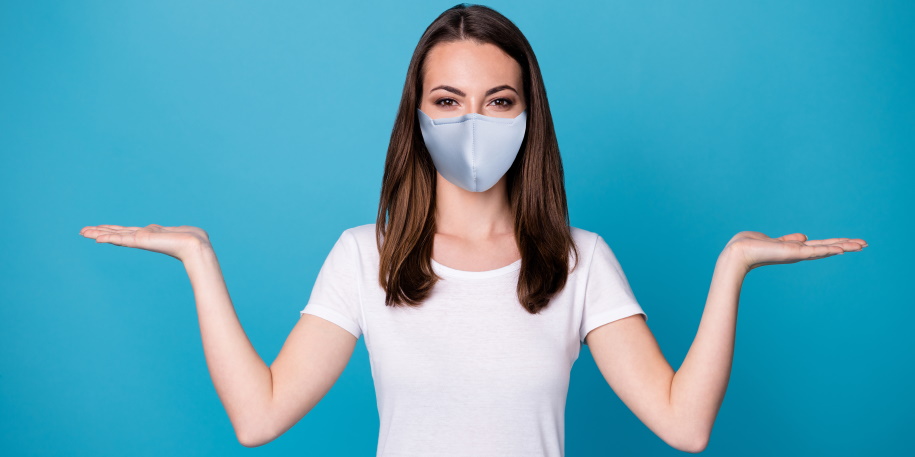Denver Bankruptcy Lawyers Can Help You Obtain Medical Debt Relief
No one ever plans to take on medical debt. Unlike debt incurred when buying a car or a house, medical debt can sometimes come seemingly out of the blue and quickly climb to levels impossible to pay back. What may be a simple or routine procedure can sometimes cost thousands of dollars. With most large purchases – buying a new car, for example – if you don’t have enough money for the item, you can typically choose not to buy it right away. But in the case of your health, many of these procedures are necessary and can’t wait.
This debt can become even more challenging to climb out of if you don’t have health insurance to cover some of the cost. But even health insurance won’t pay all of your medical bills. They may even deny any financial obligation for certain procedures, which is unfortunately something you typically don’t discover until the procedure has already been done.
The ability to pay back medical debt has been made all the harder by the COVID-19 pandemic, and not just because COVID-19 itself may cause crushing medical bills. Many Colorado residents have lost their jobs or other sources of income and may be struggling to pay bills. You may be receiving calls, emails, or letters demanding payment from aggressive creditors or collection agencies.
Extraordinary Collection Actions
When bills are not repaid, creditors – the company or person to whom money is owed – may engage in what are known as “extraordinary collection actions.” Examples include
- Denying medical care – because you haven’t paid your past debt, the healthcare provider may refuse to give you further medical care.
- Selling your debt to a third party to collect.
- Reporting your debt to a credit bureau, potentially hurting your credit score and, in turn, your ability to get loans.
- Putting a lien on your property, which can be done after the creditor sues you and obtains a judgment.
- Garnishing your wages – legally taking money from your bank account after the creditor obtains a judgment.
The Temporary Halt on Medical Debt Recovery Actions
In an effort to ease some of the financial burden experienced by Coloradans during the COVID-19 pandemic, Colorado Governor Jared Polis signed SB20-211 into law in June 2020, which places limits on creditors’ ability to collect medical debt (in addition to other, non-medical debt).
Under the terms of the bill, a creditor may not initiate a new extraordinary collection action between June 29, 2020 and February 1, 2021 without letting the individual know that he or she can halt this collection action if suffering from financial hardship because of COVID-19. The debtor – the person who owes money – simply has to notify the creditor that they are in fact experiencing financial difficulty from COVID-19. No additional documentation is needed.
This is one good way for Coloradans to halt paying medical bills during this time.
This Halt Ends February 1, 2021
Once the halt ends, medical debt collections can resume, meaning creditors may again demand payment. If the debt is becoming insurmountable, it’s time to consider your options.
The Wink Law Firm is a Denver bankruptcy law firm dedicated to helping Coloradans facing burdensome medical debt. We’ll review your case and help you find the best option.
In some instances, declaring bankruptcy may not even be necessary.
- Sometimes a billing mistake or insurance error may cause your bill to be higher than it actually should be. Just as a cashier or restaurant may unintentionally make a mistake in your bill, charging you for something you didn’t get or charging the incorrect price, hospitals and insurance companies also make mistakes. Double-check your medical bills and check with your provider and insurance carrier. Verify everything was billed correctly.
- Many medical providers are willing to work with their patients and their payment concerns. Maybe you can negotiate a repayment plan that’s more manageable than the existing option. This may allow you to take more time to pay your bill without suffering consequences. They may even waive certain fees that will then reduce your debt. Check with them and see what your options are. It never hurts to ask.
Bankruptcy to Relieve Medical Debt
For some Colorado residents, declaring bankruptcy may be the best option to obtain medical debt relief, especially if the debt is insurmountable.
There are two types of personal bankruptcy:
- Chapter 7: This erases most of your unsecured debts, which typically include leases, credit cards, and medical bills. You are then no longer required to pay back these debts.
- Chapter 13: This includes a three- to five-year repayment plan that will cover a portion of your debt, including medical debt. The remainder of your debt will then be discharged.
Which Bankruptcy Option Should You Choose?
Before deciding to file for Chapter 7 or Chapter 13 bankruptcy, it’s important you get a consultation from a bankruptcy lawyer. For over a decade, Mike Wink of The Wink Law Firm has helped Colorado residents get debt relief and avoid foreclosure, wage garnishment, and the other devastating results of debt. Mike is a member of the National Association of Consumer Bankruptcy Attorneys and received his J.D. from the University of Colorado at Boulder.
If February 1, 2021 passes and creditors are again demanding payment of medical debt that you cannot repay, it’s time to schedule a free consultation with us. Give The Wink Law Firm a call at (720) 523-0620, or get started with our online questionnaire.

